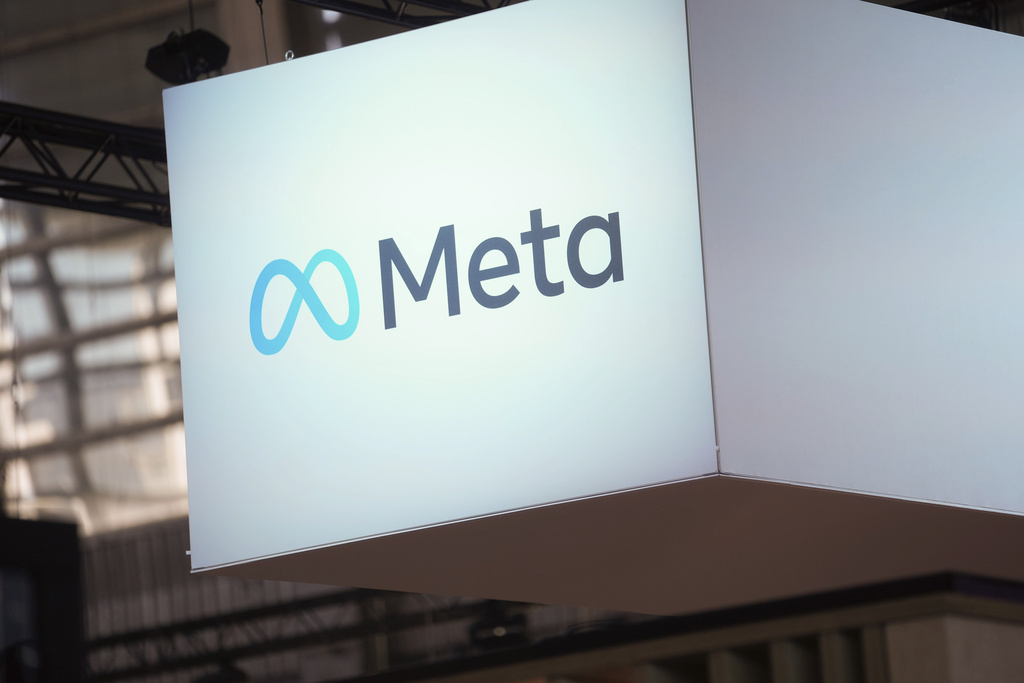A $1 billion class-action lawsuit filed this week in the Tel Aviv District Court accuses Meta, the parent company of Facebook and Instagram, of aiding and abetting the October 7 Hamas massacre by serving as a global broadcast platform for the terrorists’ crimes. The lawsuit, brought by survivors, bereaved families, and users of Meta’s platforms, claims that the company enabled the spread of horrific livestreamed footage of the attack and continues to allow that content to circulate, re-traumatizing victims and violating their rights.
This is the first case of its kind in Israel—possibly in the world—to seek financial damages from a private tech company for facilitating atrocities committed by a foreign terror group. It marks a sharp escalation in the debate over the responsibility of digital platforms in the age of livestreamed violence and algorithm-driven content.
The case centers around the story of the Idan family of Kibbutz Nachal Oz. On the morning of October 7, Hamas terrorists infiltrated their home. Maayan Idan, the family’s 22-year-old daughter, was murdered during the attack, while her family was held hostage. The terrorists filmed the ordeal and broadcast Maayan’s final moments live on Facebook. Her father, Tsachi Idan, was abducted and later executed in captivity. Both horrors unfolded in full view of the world—amplified by Meta’s platforms.
“We heard glass shattering, footsteps on broken shards, and Arabic voices inside our home,” recounted Gali Idan, Maayan’s mother and Tsachi’s widow. “Tsachi braced himself against the safe room door, trying to hold them off. The terrorists had forced our teenage neighbor, Tomer Arava-Eliaz, to call out and beg us to open the door. When we didn’t, they tried to break in themselves. Tsachi resisted them while I protected our children.”
The lawsuit details how Facebook and Instagram became, in the words of the petition, “an inseparable component of Hamas’ terror infrastructure.” According to the filing, Meta not only failed to stop the spread of terror content but continues to allow it to be shared and viewed to this day. The graphic livestreams—including murders, kidnappings, and psychological torture—were seen by millions, including young users who logged on that day unsuspectingly. Some families learned of the fates of their loved ones through these social media platforms.
One woman discovered her daughter’s abduction via a live video on Instagram. Another logged into Facebook with her 14-year-old daughter and was exposed to the attacks in real time. Mor Beider watched as her grandmother was killed in front of a camera. Stav Arava found out through Facebook posts that his relatives had been taken hostage. His brother, Tomer Arava-Eliaz, was himself coerced at gunpoint to help lure neighbors into the hands of Hamas attackers—all of it recorded and uploaded.
The legal team, consisting of attorneys Galit Karner, Asaf Shovinsky, Chen Shomeret, Karin Buaron, and Inbar Hasson of the firms G. Karner and Matri, Meiri, Wacht, argue that Meta violated both the privacy and dignity of the victims and their families, while also endangering public mental health—especially that of children—by enabling the proliferation of violent content.
The complaint asserts that the trauma inflicted by these videos is not a one-time event. Each day the content remains online, the psychological wounds are reopened. “These scenes of brutality, humiliation, and terror are permanently etched into the memories of the victims’ families and the Israeli public as the final moments of their loved ones’ lives,” the petition states.
The lawsuit also raises questions about Meta’s algorithmic design, which the plaintiffs claim promotes engagement with shocking and sensational content, including terror footage. They allege that Meta not only failed to prevent harm but profited from it—by monetizing engagement and failing to enforce meaningful safeguards against terrorist use of the platform.
The plaintiffs seek both justice and accountability, calling for financial compensation and a sweeping reevaluation of how digital platforms handle violent content, especially during times of war and crisis.
Meta has yet to issue a public response to the allegations.
(YWN World Headquarters – NYC)











